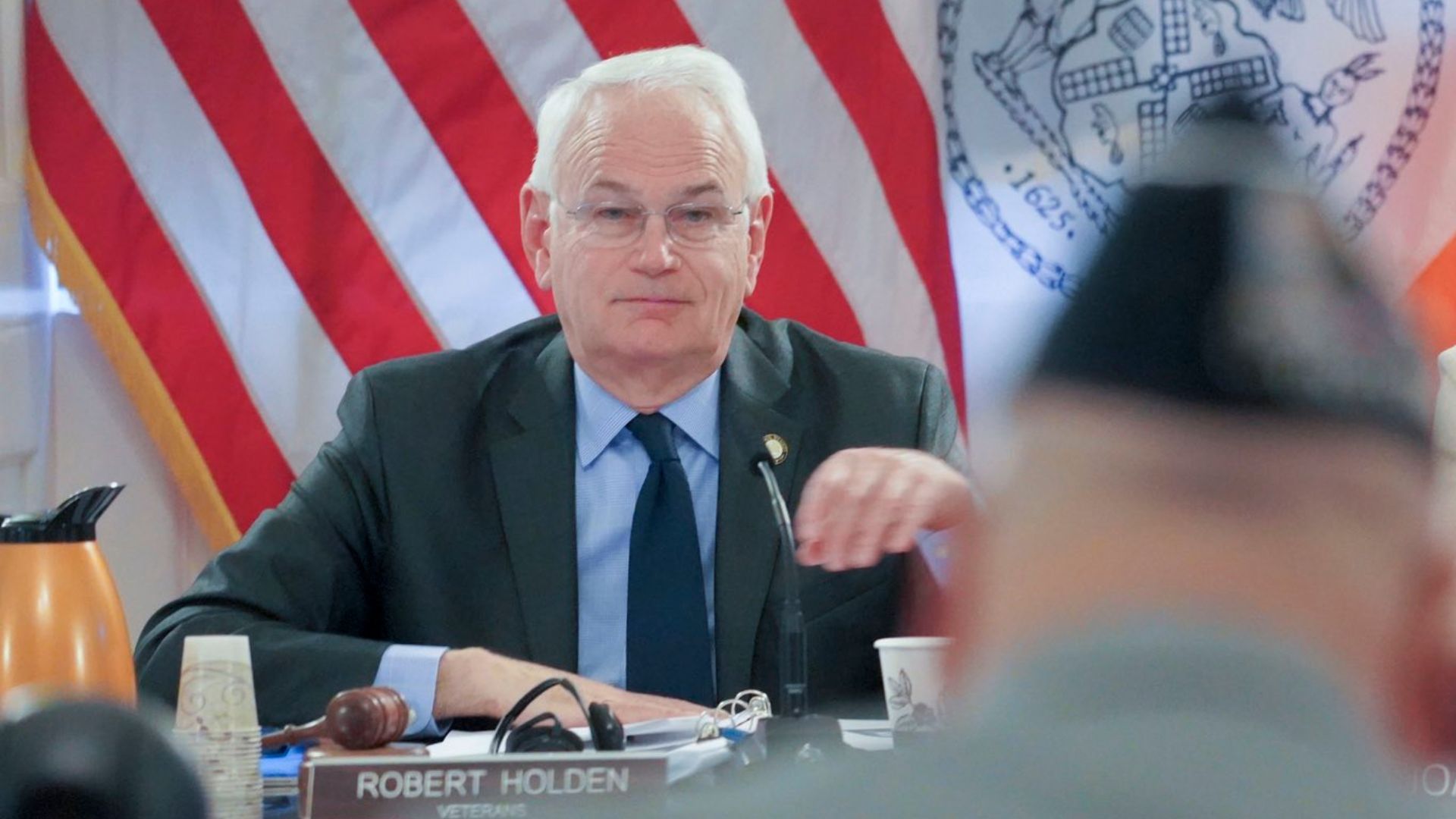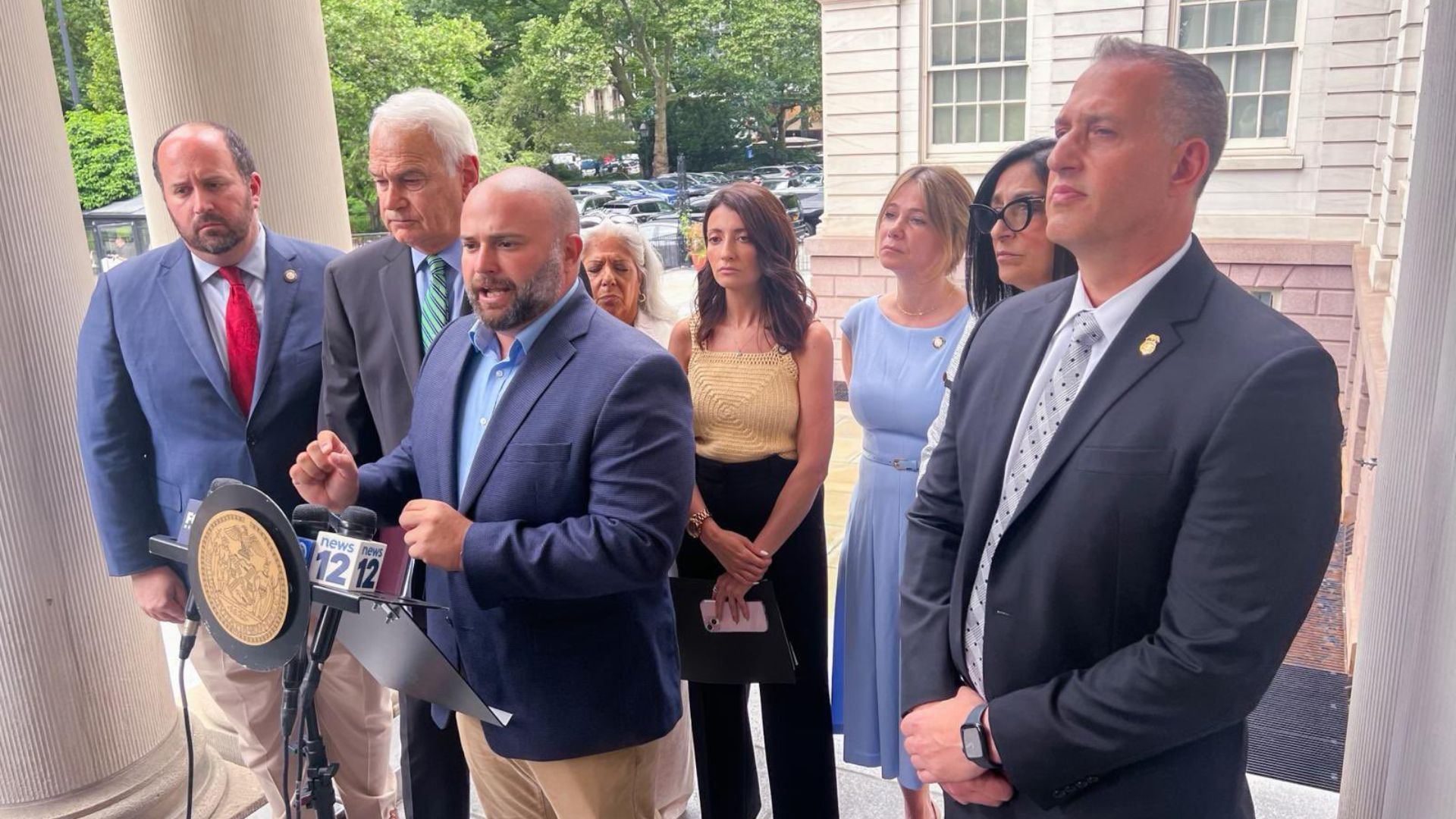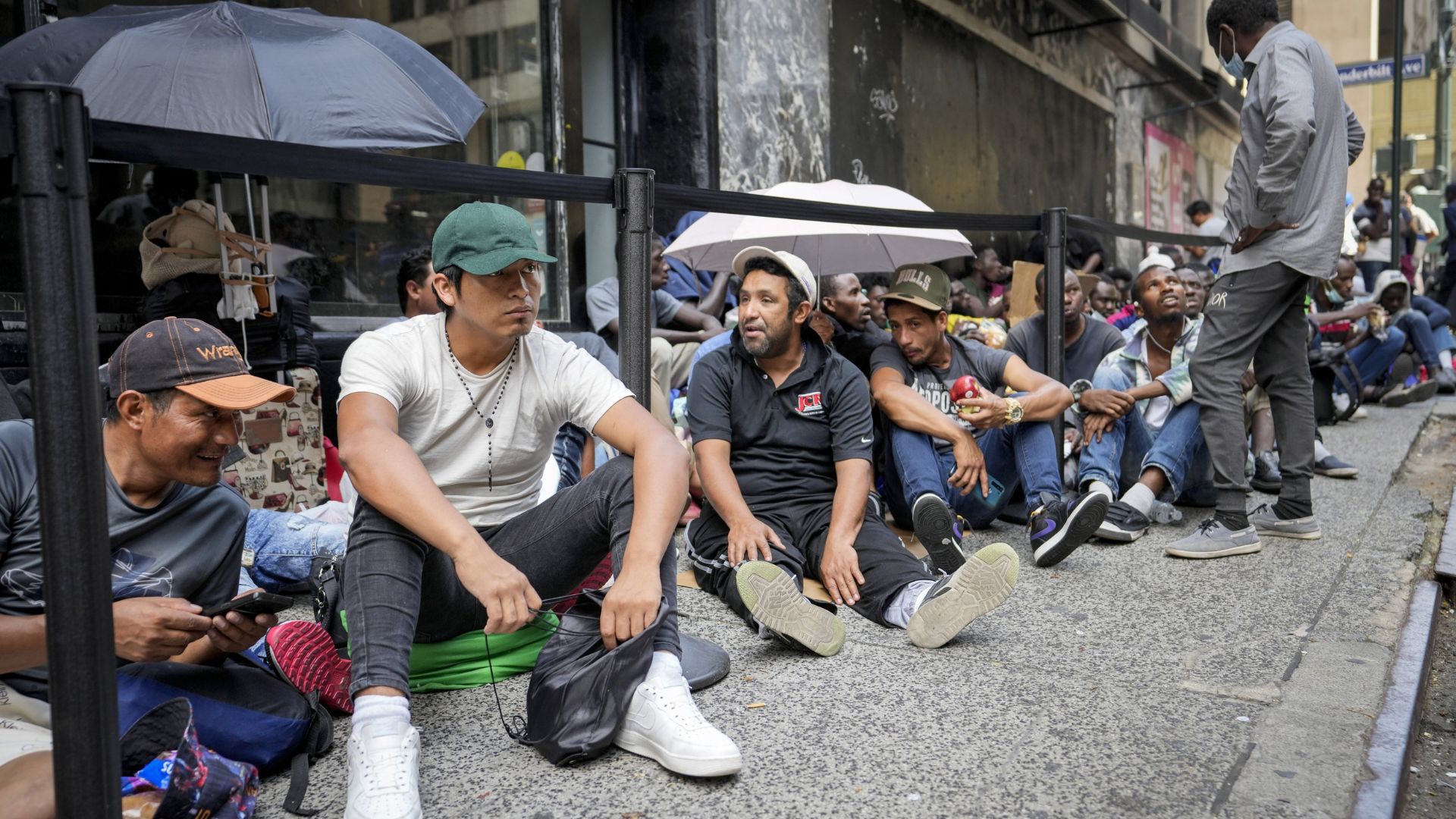New York City has initiated another phase of distributing prepaid debit cards to migrant families, a move that has sparked bipartisan concerns.
Councilwoman Julie Won supports the initiative, stating it helps migrants avoid “rotten” food supplied by city vendors. Critics argue that the effort may have unintended consequences by encouraging more migrants to come to the city.
Bipartisan Leaders Question Debit Card Distribution

Leaders from both political parties have expressed disapproval of Mayor Eric Adams’ administration’s decision to issue thousands more prepaid debit cards to migrants.
The program was initially introduced as a cost-saving measure, estimated to save the city $7.2 million annually, but has since faced scrutiny over its long-term impacts.
Financial and Social Implications Debated

Some city lawmakers have criticized the new allocation of 7,300 cards, suggesting it might encourage more migrants to enter the city.
The program’s cost and social implications are now under more rigorous examination, as city officials weigh the benefits against the potential for increased migrant inflow.
Concerns Over Unsustainable Support

Councilman Robert Holden stated, “The gravy train for migrants has to stop.”
He voiced concerns about the sustainability of providing extensive free services to migrants, including housing, food, and legal aid, while also protecting them from federal authorities. These services, he argues, exacerbate the crisis and are financially unsustainable.
Shelter Density in Manhattan

In Midtown Manhattan, within the compact area of two-fifths of a square mile, there are eight shelters designated for migrants.
This high density of shelters in a small area raises questions about the distribution and management of resources for migrants in densely populated urban centers.
Reevaluation of Sanctuary Policies

Joe Borelli, a Republican council member, remarked on the consequences of sanctuary city policies, suggesting that they may be proving to be problematic.
He noted, “American cities just can’t be the world’s refugee camp,” highlighting a growing reconsideration of these policies amidst ongoing challenges.
Support for the Debit Card Program

Democratic Councilwoman Julie Won praised the debit card program for granting migrants “sovereignty and freedom to choose whatever they want to eat,” and avoiding poor quality meals from city contractors.
She advocated for the expansion of this assistance to all 60,000 migrants under the city’s care.
City Official Defends Migrant Support Initiatives

Deputy Mayor Anne Williams-Isom defended the city’s approach to assisting migrants, emphasizing the program’s role in saving taxpayer money and investing in the local economy.
She stated, “When we empower people, we help them achieve self-sufficiency and access the American Dream.”
Resident Concerns Over Shelter Placement

A resident from Queensbridge Houses, Shawarn Shields, expressed dissatisfaction with the placement of shelters in underserved areas, questioning, “Why are y’all sending them here? Send them to Fifth Avenue [or] Park Avenue…”
This reflects community concerns about the equitable distribution of migrant facilities.
Program Coverage and Policy Challenges

A city spokesperson clarified that the debit card program currently covers only a small portion of the migrant population in New York City.
The right-to-shelter policy compels the city to provide housing for the homeless, including migrants, who still face restrictions on federal aid like SNAP benefits.
The Reality of Meal Subsidies

Highlighting the financial constraints migrants face, a city spokesperson discussed the meal per-diem for migrants, which is set at $4.
This amount is insufficient for sustaining an adequate diet in a high-cost city like New York, pointing to the broader challenges of supporting a growing migrant population.
Contractor’s Focus Amid Controversy

The contractor administering the debit cards, MoCaFi, emphasized its broader mission of serving the unbanked and under-banked populations in America.
This comes as the program faces scrutiny over its effectiveness and the city’s capacity to manage its resources amidst a complex migrant crisis.
